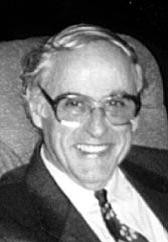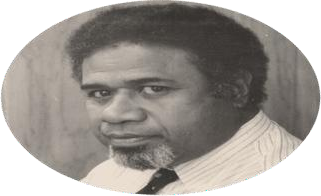LIFE AT CMNHS* OF FNU
When Central Medical School became Fiji School of Medicine, it then became part of Fiji National University encompassing College of Medicine, Nursing and Health Sciences. I joined Fiji School of Medicine in 1986 and became the Personal Assistant to the Dean Professor Harry Lander. Although this institute was established in 1885, by the time I joined, it had developed into the premier medical institute of the South Pacific and continued to strive towards training and preparing health professionals for the region.**
By the time I began working there, the School was providing training in most health science disciplines including medicine, dentistry, pharmacy, physiotherapy, radiography, laboratory technology, public health, dietetics and environmental health. My work load was eventually increased and I had to equip myself with more secretarial skills to cope with the demands of the complex college.
While I was still working as PA to Professor Harry Lander, Fiji faced the brunt of the first coup de ’tat on May 14 1987 and the Australian Government withdrew all the expatriate personnel from Fiji and Professor Harry Lander had to go. During Professor Lander’s time the first batch of twenty MBBS students graduated in December 1987. By this time the other Pacific countries withdrew their students to send them to Australia and New Zealand to study medicine. Therefore in 1988 only 14 MBBS students graduated. This caused a bit of panic for all but things began to improve soon.
A bit of historical presentation is needed here to clarify aspects that led to the withdrawal of Australian aid and the departure of Professor Harry Lander. Professor Harry Lander was appointed as the Head of School on secondment from the University of Adelaide, South Australia in 1984 but just after he had developed a workable plan and brought success for the country as far as medical education was concerned, the unconstitutional and undemocratic event of 1987 put cold water on all hopes.

Professor Harry Lander
On the formation of the new government of Fiji which was to be led by one of the former students of FSM, a special hand delivered invitation had arrived just after 9: 40 am on the rather dull morning of 14 May 1987 at Professor Harry Lander’s office. It was to have lunch on the following day with Dr Timoci Bavadra, Prime Minister of Fiji and leader of the Labour-National Federation Party coalition, which had been democratically elected to govern Fiji for five years on 11 April 1987.

This was a golden opportunity for which so many had worked and waited for so long in the Paradise of the Pacific. This was a chance for the representative of FSM to sit with the top political figures in the land and begin to discuss in earnest the realities of the future for the Fiji School of Medicine, of medical education in the vast reaches of the south west Pacific and other urgent matters relating to the health of Fiji.
However to the disappointment of many law abiding citizens, at around 10.04 am, just 20 minutes after the invitation for lunch with the PM of Fiji was being celebrated at Professor Lander’s office, Lieutenant Colonel Sitiveni Rabuka, third in command of the RFMF, entered the Fiji parliament with a few armed soldiers and placed Dr Bavadra, a former graduate of the Fiji School of Medicine-and his fourteen cabinet colleagues under house arrest. A military coup had taken place and the future of the medical school and indeed of the beautiful and peaceful multiracial island went into complete limbo. Probably no medical school in the world was enjoying a prouder past than the FSM but that dark day brought a lot less certain future for the school.
Founded in 1885, its history is interminably bound in the story of nineteenth c





